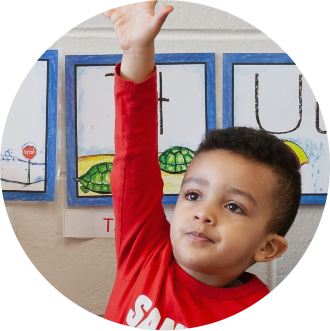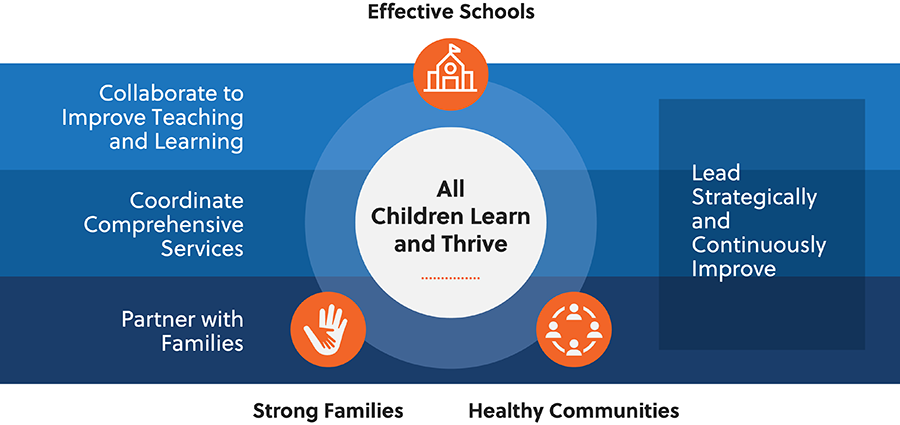
The first 10 years of a child’s life are a critical developmental period that impacts all that follows. Opportunity and achievement gaps begin early for millions of children who live in families with low or below poverty-level incomes. Across the country EDC’s First 10 initiative is supporting community partnerships in building on families’ strengths, improving outcomes for thousands of children.
A Theory of Action to Drive Change

The First 10 Theory of Action outlines the goals and objectives that First 10 Schools and Communities should support, the kinds of schools and community institutions they are trying to build, and the roles these partnerships play in supporting these goals… Learn More
Playful Learning for Student Success

Weaving Social Emotional Learning (SEL) throughout the School Day and Beyond

In this K-12 Dive op-ed, David Jacobson highlights how First 10 school-community partnerships focused on children and families can provide coordinated support that changes lives.